Original Author: Michael Tong, Founder of Xterio
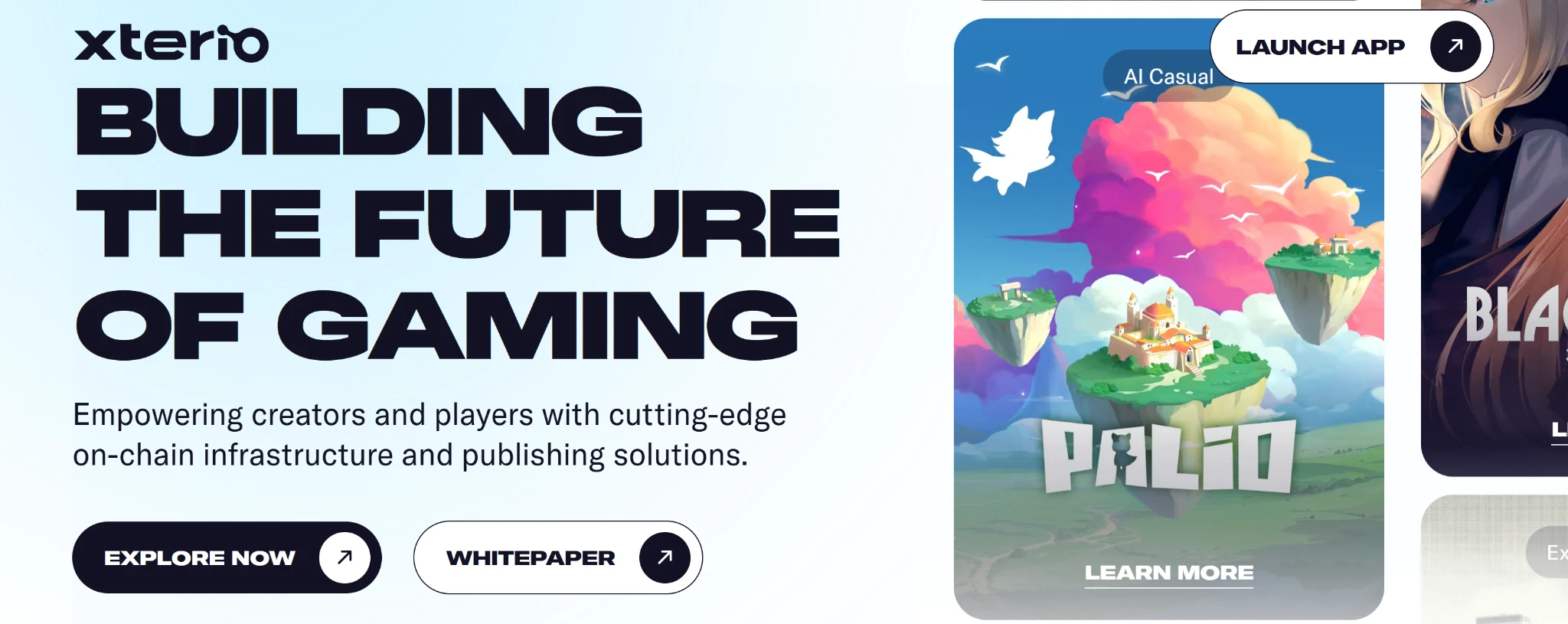
Since I was young, I realized that I was not good at being a "rational" person. To me, "rational" is almost synonymous with "boring." Although this word is positive in the eyes of many, I tend to pursue an "irrational" attitude towards life. In fact, it is those seemingly "irrational" moments that ignited the spark of my entrepreneurial journey.
In my entrepreneurial experience, I deeply resonate with George Bernard Shaw's words: "A rational person should adapt themselves to the environment; only the irrational person thinks of changing the environment to suit themselves." What I want to share is that it is those "crazy" ideas and firm beliefs that have propelled me forward on the path of entrepreneurship.
I believe that only those with a strong belief in their pursuits can create real change. Every struggle and adventure is a bet I place on the future. This is not blind arrogance, but a brave challenge to established rules. Those who are crazy enough to believe they can change the world may indeed be able to do so.
Catalyst for Change
I refuse to become a person who goes with the flow; my life should be filled with interest, joy, and meaning, which destined me to be an "irrational" person. After starting work, I always tried to break free from conventional paths and seek different solutions. The emergence of Lotus 1-2-3 was like a key that opened the door to change deep within me.
Lotus 1-2-3 was a leading spreadsheet application at the time, which you can simply understand as a pioneering version of Excel. In an era when data entry still relied on manual input, being proficient in Lotus 1-2-3 greatly improved work efficiency. By writing a few lines of code, I simplified the workflow of manually inputting financial reports across departments, saving my boss hundreds of hours of work time. This method may seem simple today, but it was revolutionary in my work environment at the time.
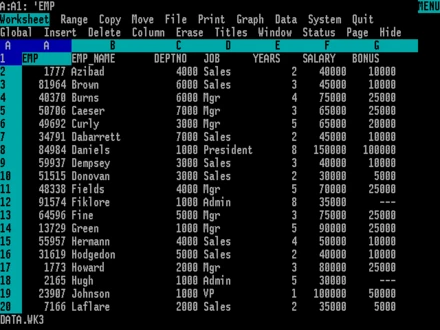
Interestingly, my salary was calculated on an hourly basis, and this small innovation led to a decrease in my income, but it excited me because I saw the greater value behind it—a future led by the irrational. This innovative force of change stirred my heart, and I eagerly sought the next breakthrough.
The birth of Openrice (http://Openrice.com) was a bold challenge to the traditional restaurant review model, which also has a more relatable Chinese name "开饭喇" (Kai Fan La). At that time, people chose restaurants mainly based on reviews from food critics, and only those prestigious restaurants had the privilege of inviting food critics.
However, the restaurants that surprised me were often unknown small shops recommended by friends during conversations, like "The char siu from the shop near my house is delicious" or "The dim sum at that afternoon tea place has little flags saying 'Keep it up'." I believe that the judgment of food should not be in the hands of a few, but that every palate's experience should be heard, which gave rise to the initial concept of Openrice.
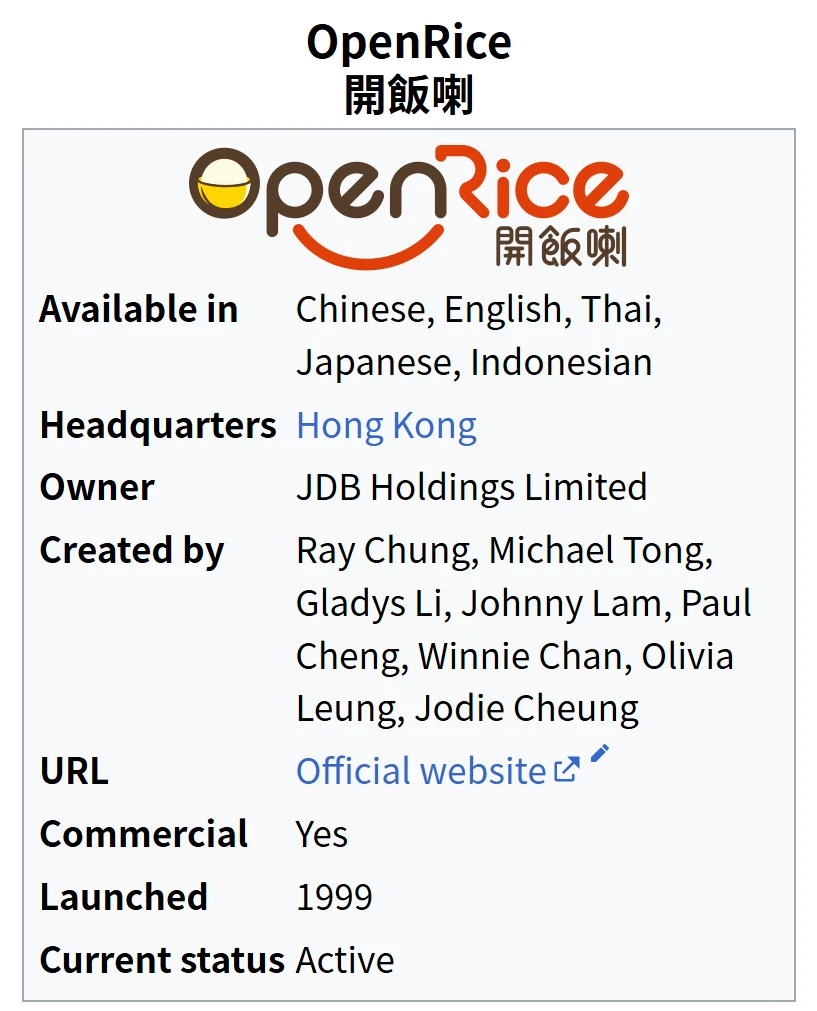
It is like a popular review platform focused on food, a food network community for Hong Kong people, where everyone can become a food critic, and every small shop can shine. This commitment to democratizing food reviews has made Openrice a standout among local apps in Hong Kong.
Identifying Undeveloped Markets
Online Gaming
Some say that games and mechs are a man's romance. As a gamer, I understand how profoundly a good game can impact a generation. Speaking of the history of gaming in China, let's turn the clock back to the early 2000s. At that time, the most popular games in China were not mobile games or single-player games, but online games. Walking into any internet café, you would find it packed. Familiar names like "Legend," "Stone Age," and "Laughing Net" carry the youth and memories of a generation of Chinese players, myself included.
At that time, the Chinese gaming market was rampant with piracy, and buying a legitimate game would often lead to ridicule from surrounding pirate players as a foolish waste of money. But amidst this chaos, I realized that the online gaming market was rapidly growing, and the increasing internet penetration created excellent conditions for the rise of online games. Although many around me thought it was rash to dive into this seemingly low-reward industry supported only by passion, I still saw it as a full of potential opportunity.
That was the starting point of my gaming career, and it remains my greatest pride. From investing to joining NetEase full-time, during those 21 years, I built a world-leading gaming empire alongside NetEase. NetEase did not start with games; after I joined, it embarked on the journey of building NetEase Games from scratch.
Looking back at my early days in the gaming industry, despite the doubts around me, I always held a desire and passion for exploring games and new things. At that time, the Chinese gaming market held enormous potential, far more exciting than the risks posed by rampant piracy and undervalued game worth.
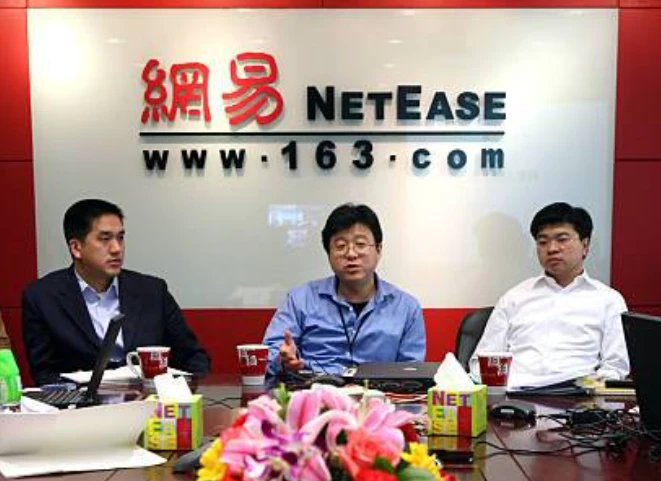
Today, we see the rise of Chinese gaming, which is the result of the efforts of many adventurers at that time. My vision aligned with NetEase's philosophy, and I explored markets that most people had not believed in alongside Ding Lei. In the next 20 years, I grew with NetEase and witnessed the glorious moments of online gaming. Every challenge became the driving force behind my pursuit of dreams, and every success made me more resolute.
With a background in investment, I focus more on the future, more like an adventurer. Even as I entered the gaming industry, this DNA has always accompanied me, keeping me highly sensitive to the market. My past successful experiences have also earned me more trust and accumulated more resources. It is this trust that makes me hope to show everyone who believes in me a future full of miracles once again.
FunPlus
In the early days of the iPhone's market entry, mobile gaming was still in its infancy, and the main battleground for games remained in online and single-player games. Although games like "Angry Birds" and "Fruit Ninja" were all the rage, many mobile games, including them, struggled on the path to commercialization. At that time, the investment community was almost entirely focused on PC and console game developers, with few noticing that smartphones were rapidly becoming widespread.
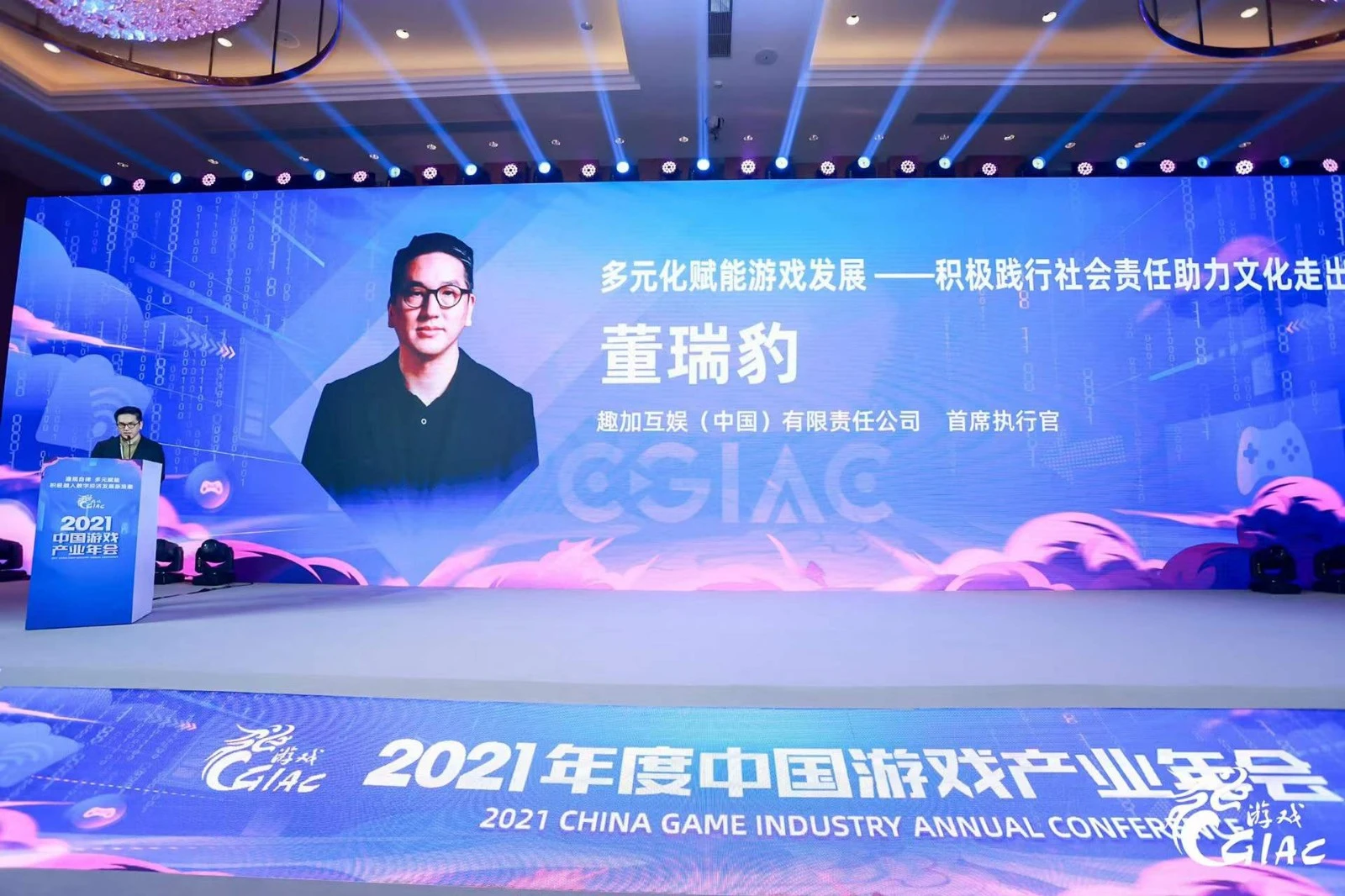
Realizing this trend, I had an in-depth discussion with a friend from a well-known venture capital firm and shifted my focus to mobile gaming. Among the many companies to evaluate, I first noticed FunPlus. They were not just making games; they were creating an IP world that could transcend time and be remembered by players, a concept that sounded bold and forward-thinking. At my friend's investment invitation, I invested in FunPlus and fought alongside it. Today, FunPlus has become one of the world's leading mobile 4X strategy game companies, and my intuition has once again been validated.
Developing Games for Women
Challenging stereotypes in the gaming industry became another focus of my entrepreneurship. The public perception is that games attract men more, and men are generally more willing to spend more money and time on games. However, when I accidentally came across the female-oriented gaming market in Japan, I discovered that the female player base is enormous. For years, the gaming needs of female users have not been met, and women have increasingly become independent in both economic and preference aspects from men. These phenomena indicate that the female gaming market is thriving. This made me start to question the traditional gaming industry's stereotypes about female players: is it that women do not need games, or has no one ever truly considered how to make a game for women?
This insight prompted me to establish a company to understand this group that is overlooked by the traditional gaming industry and invest in the development of high-quality female-oriented games. This experience even improved my relationship with my wife. We tend to consider issues from our own gender and perspective, but stepping outside of that leads to a whole new world. The exploration of the female player market made me realize that there are many possibilities still existing in the gaming world.
Reinventing the Gaming World with Web3
My fascination with blockchain technology and decentralized applications began in 2016, and over the years of understanding and participation, this fascination has only grown. Although there has been widespread skepticism about Web3 and its potential applications in game design, I firmly believe that these innovations will fundamentally change the way we interact with the digital environment.
Currently, most games are limited to mainstream platforms, where players can express their emotions and suggestions to game developers, but the control still lies with the developers. This creates a one-way relationship in gaming, where players can only experience the game according to the developers' settings. In other words, the economic relationship between players and developers/platforms is unbalanced, and players' contributions often do not receive the recognition and rewards they deserve. Even in the Web3 era, some developers and platforms have yet to achieve a win-win situation between developers and players.
However, now, the combination of Web3 and AI Agents has brought new hope to the gaming industry. AI agents, as intelligent entities capable of independent learning and executing complex tasks, can improve the accuracy and efficiency of task execution in complex and dynamic Web3 environments. For example, AI agents can automatically execute smart contracts, manage digital assets, and even participate in the decision-making process of decentralized autonomous organizations (DAOs), allowing Web3 applications to achieve decentralization on a broader level. This aligns perfectly with our intention in developing Xterio, which is to provide players with a transparent and secure gaming environment and create new economic opportunities within games.
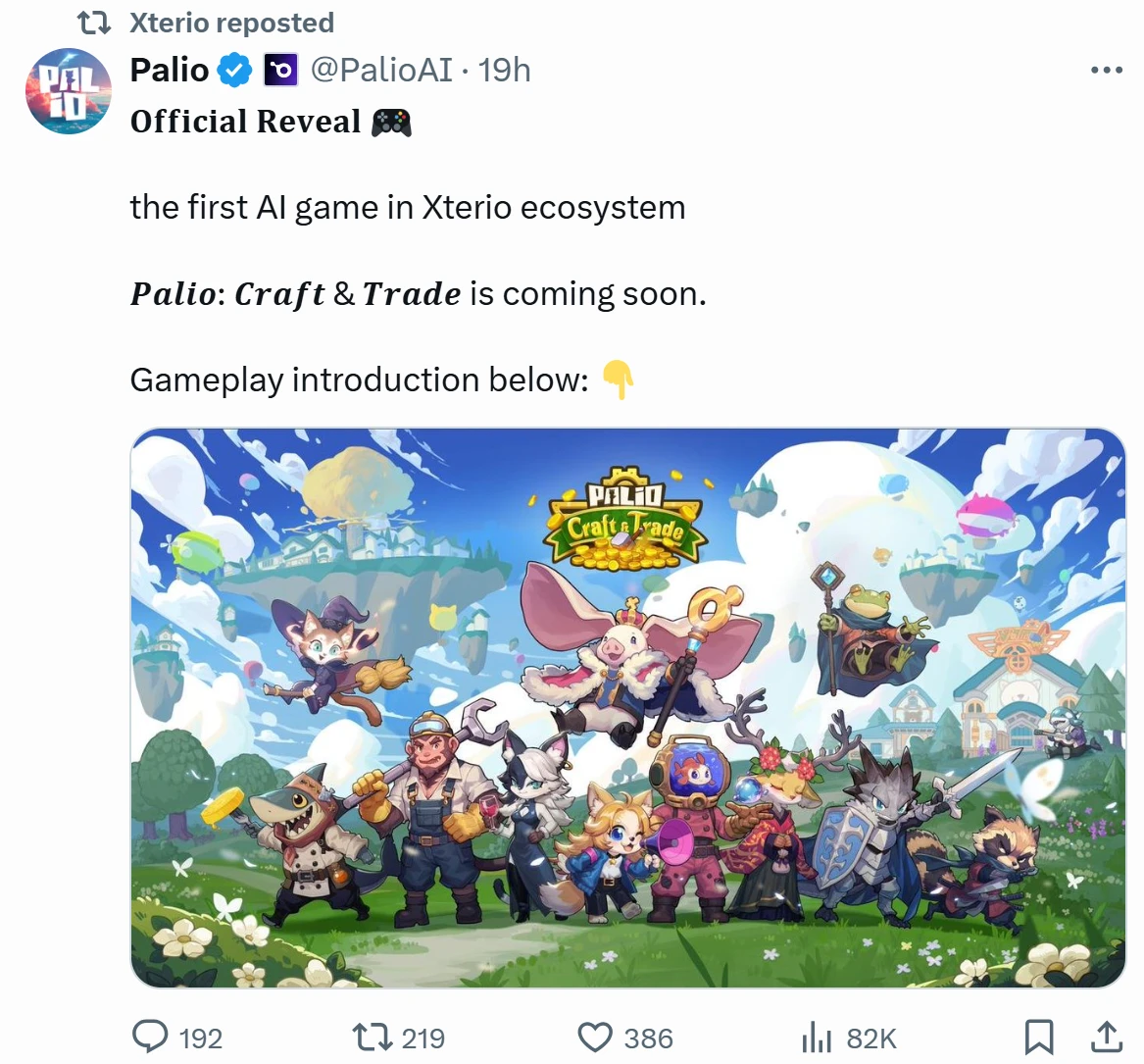
In the Web3 gaming field, the lack of fun and the short lifecycle have always been focal points of criticism. I am determined to break these inherent impressions by launching our first game, Age of Dino, which combines mobile gaming mechanics with a weaponized dinosaur theme to create a novel and engaging game world for players.
Irrational Future—Transformation and Leadership
The combination of Web3 and AI Agents is becoming an important driving force for the advancement of the blockchain industry. In this emerging field, many traditional gaming companies choose to observe and wait. However, those teams that dare to experiment and innovate are exploring the intersection of blockchain technology and game design with irrational courage, striving to create a fairer, more creative, more interesting, and surprising game world that offers players a new experience.
As a game creator, I am incredibly excited about this. The leap in technology has lowered the costs and barriers of the creative process, providing creators with additional imagination, allowing more talented and creative developers, regardless of their professional training, to participate. This not only enriches the ranks of game makers and brings diverse perspectives but also sparks unprecedented game creativity.
Our goal is to make AI a true partner for users, providing a unique and personalized gaming experience. Imagine players having an intelligent companion that understands their emotions and needs, helping them make better decisions in the game and enjoy deeper interactions. This "irrational" pursuit not only drives technological advancement but also allows us to find true satisfaction in creation. Our vision is to fill every game with emotional and interactive experiences, making technology not just a tool but a real companion and support in the virtual world.
Some say I should aim to build Xterio as the Tencent or NetEase of the Web3 industry. I think, if that were the only goal, how could I justify my decision to start a business again and to believe in my team and you all once more?
In this era full of challenges and opportunities, let us step together into a future full of possibilities. I believe that through continuous innovation and perseverance, we can work hand in hand to create a better digital world—just as my original motto for founding Xterio states, creating better worlds—Better Worlds. Let us become those "madmen" who dare to chase dreams and write the legends of this era together.
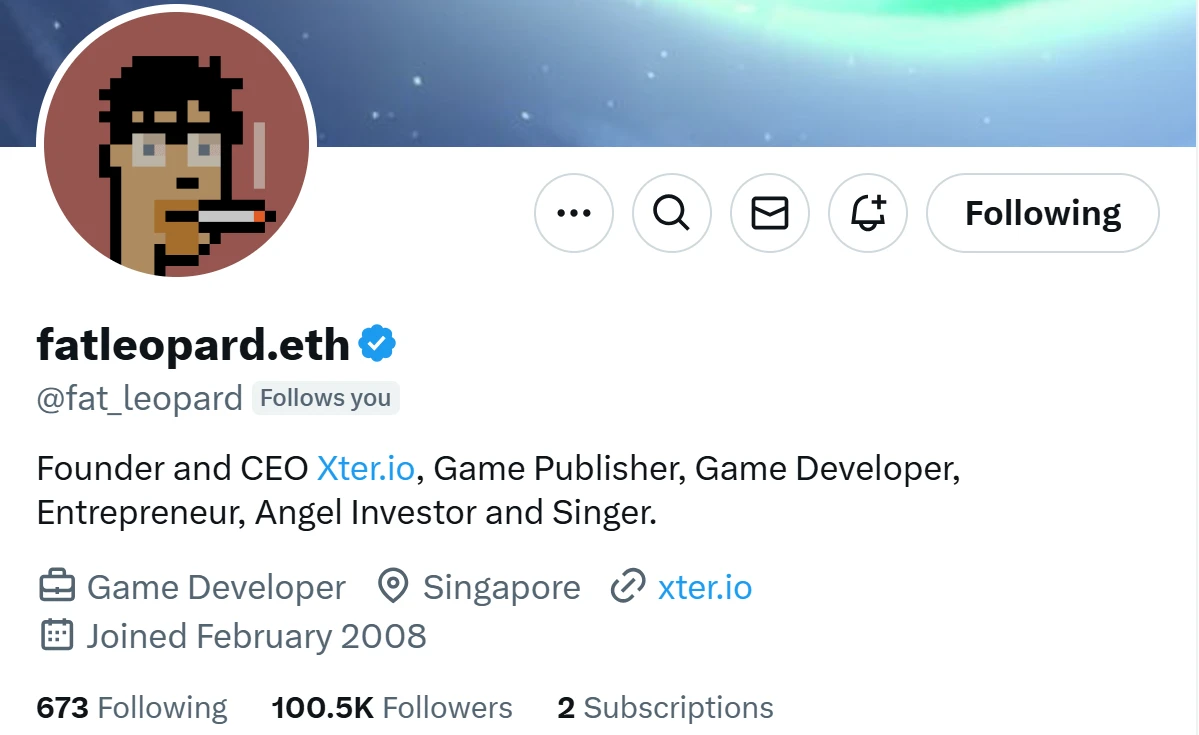
免责声明:本文章仅代表作者个人观点,不代表本平台的立场和观点。本文章仅供信息分享,不构成对任何人的任何投资建议。用户与作者之间的任何争议,与本平台无关。如网页中刊载的文章或图片涉及侵权,请提供相关的权利证明和身份证明发送邮件到support@aicoin.com,本平台相关工作人员将会进行核查。




